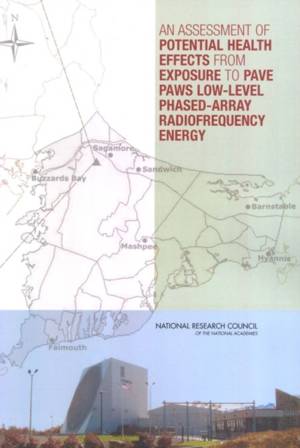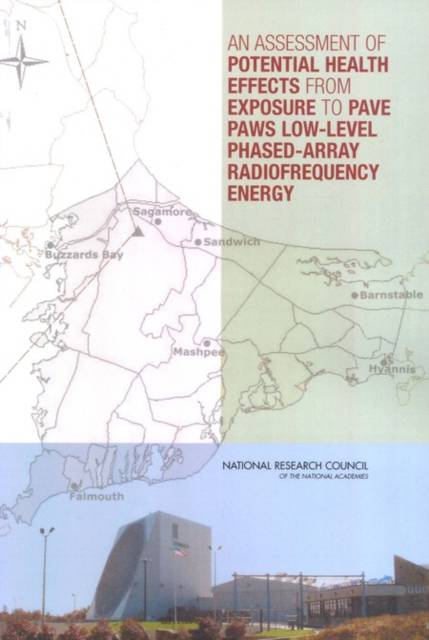
- Retrait gratuit dans votre magasin Club
- 7.000.000 titres dans notre catalogue
- Payer en toute sécurité
- Toujours un magasin près de chez vous
- Retrait gratuit dans votre magasin Club
- 7.000.0000 titres dans notre catalogue
- Payer en toute sécurité
- Toujours un magasin près de chez vous
An Assessment of Potential Health Effects from Exposure to Pave Paws Low-Level Phased-Array Radiofrequency Energy
National Research Council, Division on Earth and Life Studies, Board on Radiation Effects Research, Committee to Assess Potential Health Effects from Exposures to PDescription
PAVE PAWS is a phased-array warning system designed to detect and track sea-launched and intercontinental ballistic missiles operated on Cape Cod since 1979 by the U.S. Air Force Space Command. In 1979, the National Research Council issued two reports to address concerns from Cape Cod residents about the safety and possible health effects of the radiofrequency energy from the radar. Following up on the1979 report, the new report finds no evidence of adverse health effects to Cape Cod residents from long-term exposure to the PAVE PAWS radar. The report specifically investigated whether the PAVE PAWS radar might be responsible in part for the reported higher rates of certain cancers in the area, but concludes there is no increase in the total number of cancers or in specific cancers of the prostate, breast, lung, or colon due to radiation exposure from PAVE PAWS. The report did find in the scientific literature a few biological responses to radiofrequency exposures that were statistically significant. Such responses do not necessarily result in adverse health effects, but the report recommends additional studies to better discern the significance, if any, of those findings.
Spécifications
Parties prenantes
- Auteur(s) :
- Editeur:
Contenu
- Nombre de pages :
- 214
- Langue:
- Anglais
Caractéristiques
- EAN:
- 9780309093095
- Date de parution :
- 09-07-05
- Format:
- Livre broché
- Format numérique:
- Trade paperback (VS)
- Dimensions :
- 152 mm x 229 mm

Les avis
Nous publions uniquement les avis qui respectent les conditions requises. Consultez nos conditions pour les avis.






